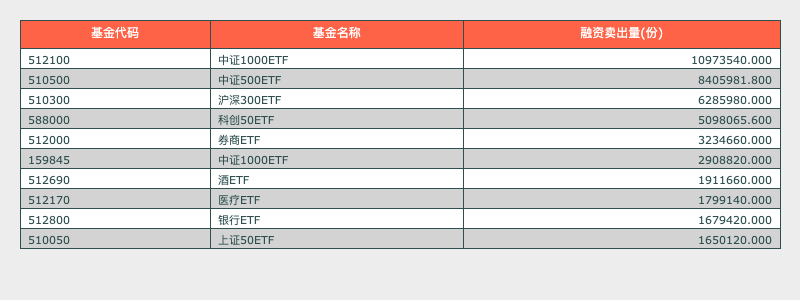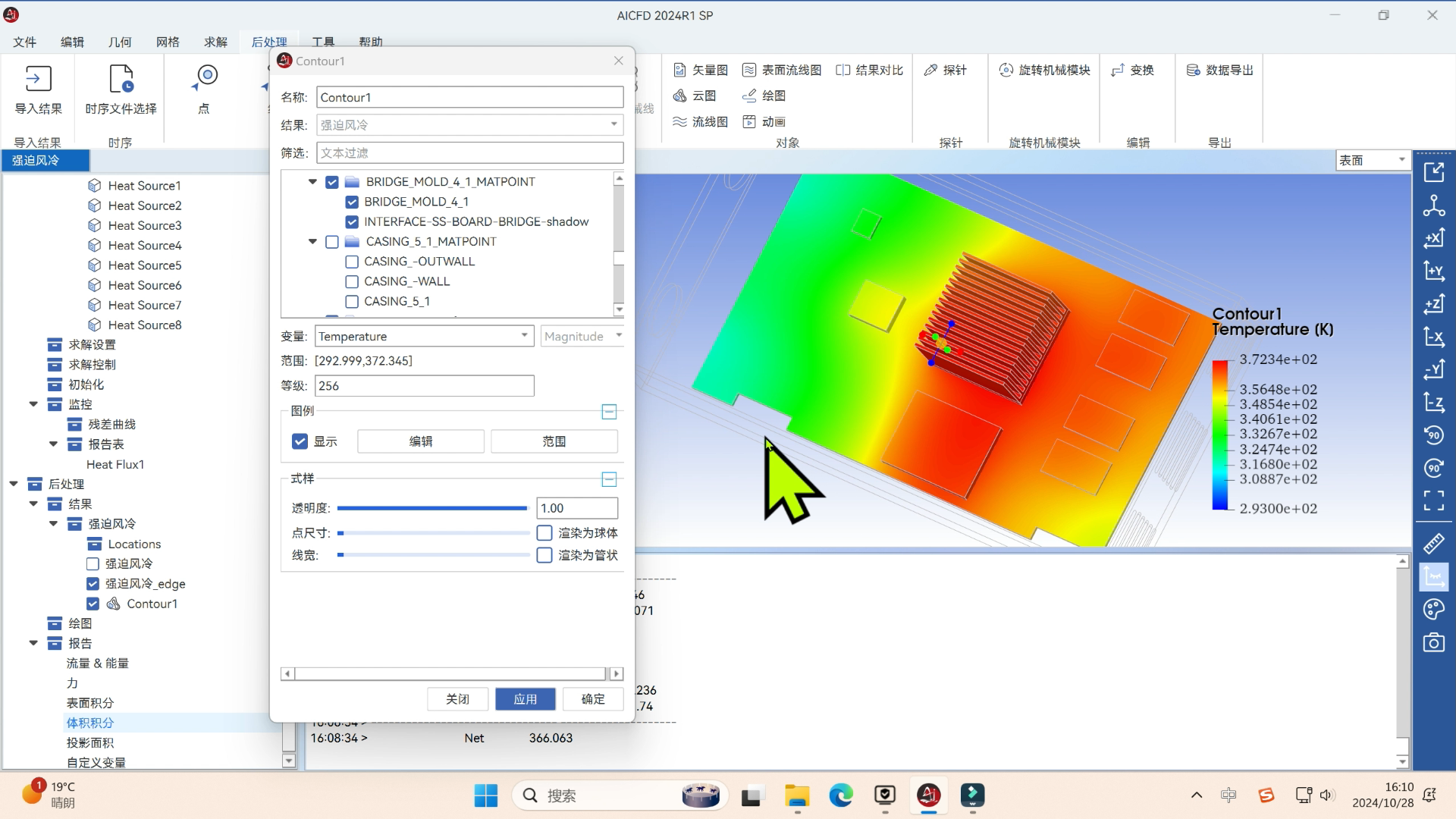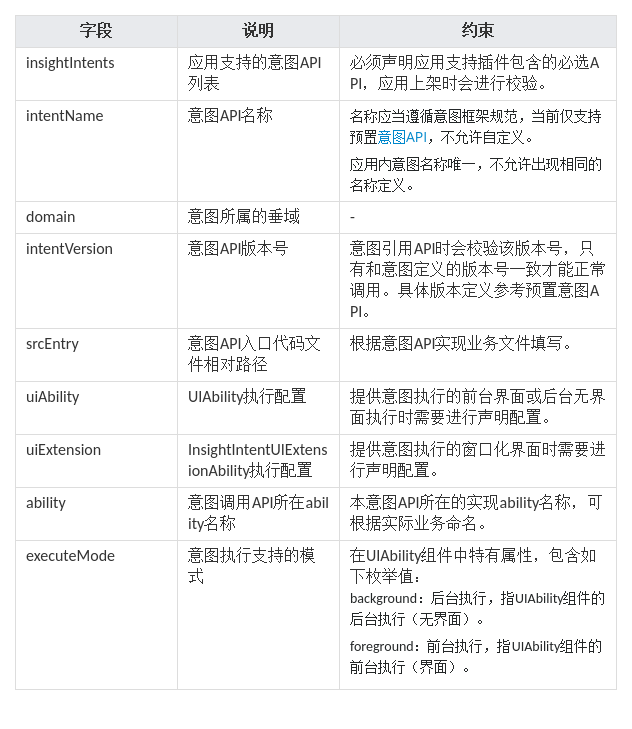3.1 通知类型
在入门程序当中,我们已经使用了一种功能最为强大的通知类型:Around环绕通知。
只要我们在通知方法上加上了@Around注解,就代表当前通知是一个环绕通知。
Spring中AOP的通知类型:
- @Around:环绕通知,此注解标注的通知方法在目标方法前、后都被执行
- @Before:前置通知,此注解标注的通知方法在目标方法前被执行
- @After :后置通知,此注解标注的通知方法在目标方法后被执行,无论是否有异常都会执行
- @AfterReturning : 返回后通知,此注解标注的通知方法在目标方法后被执行,有异常不会执行
- @AfterThrowing : 异常后通知,此注解标注的通知方法发生异常后执行
下面我们通过代码演示,来加深对于不同通知类型的理解:
重新启动SpringBoot服务,进行测试:
1. 没有异常情况下:
- 使用postman测试查询所有部门数据
- 编辑
- 查看idea中控制台日志输出
- 编辑
程序没有发生异常的情况下,@AfterThrowing标识的通知方法不会执行。
2. 出现异常情况下:
修改DeptServiceImpl业务实现类中的代码: 添加异常
重新启动SpringBoot服务,测试发生异常情况下通知的执行:
- 查看idea中控制台日志输出
- 编辑
程序发生异常的情况下:
- @AfterReturning标识的通知方法不会执行,@AfterThrowing标识的通知方法执行了
- @Around环绕通知中原始方法调用时有异常,通知中的环绕后的代码逻辑也不会在执行了 (因为原始方法调用已经出异常了)
在使用通知时的注意事项:
- @Around环绕通知需要自己调用 ProceedingJoinPoint.proceed() 来让原始方法执行,其他通知不需要考虑目标方法执行
- @Around环绕通知方法的返回值,必须指定为Object,来接收原始方法的返回值,否则原始方法执行完毕,是获取不到返回值的。
五种常见的通知类型,我们已经测试完毕了,此时我们再来看一下刚才所编写的代码,有什么问题吗?
我们发现啊,每一个注解里面都指定了切入点表达式,而且这些切入点表达式都一模一样。此时我们的代码当中就存在了大量的重复性的切入点表达式,假如此时切入点表达式需要变动,就需要将所有的切入点表达式一个一个的来改动,就变得非常繁琐了。
怎么来解决这个切入点表达式重复的问题? 答案就是:抽取
Spring提供了@PointCut注解,该注解的作用是将公共的切入点表达式抽取出来,需要用到时引用该切入点表达式即可。
需要注意的是:当切入点方法使用private修饰时,仅能在当前切面类中引用该表达式, 当外部其他切面类中也要引用当前类中的切入点表达式,就需要把private改为public,而在引用的时候,具体的语法为:
全类名.方法名(),具体形式如下:


















